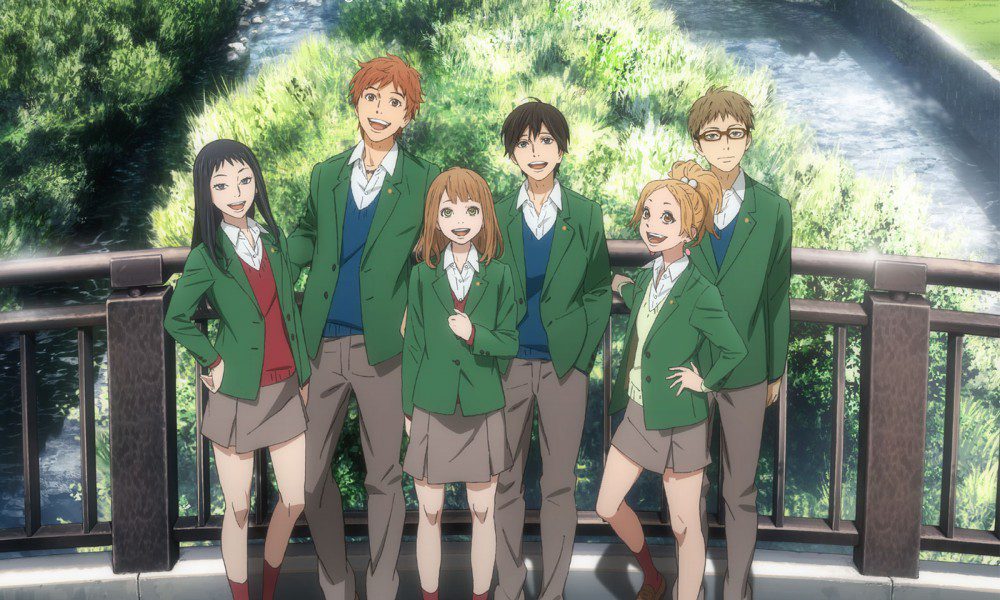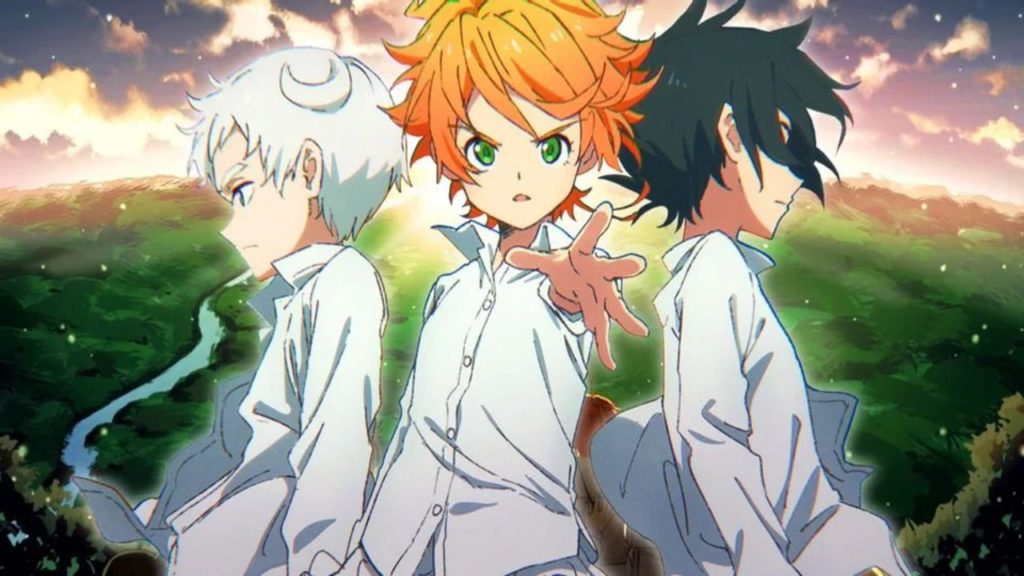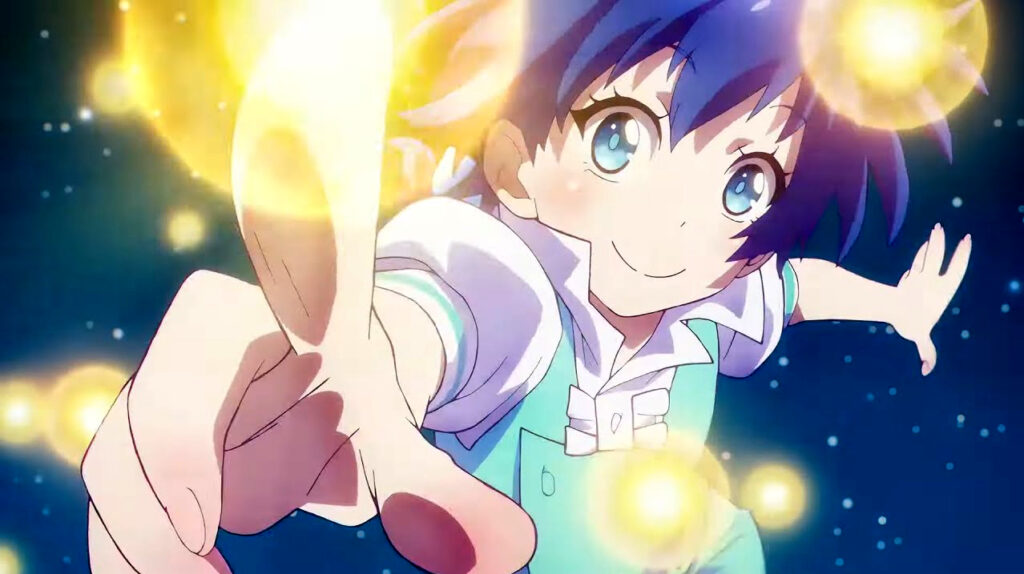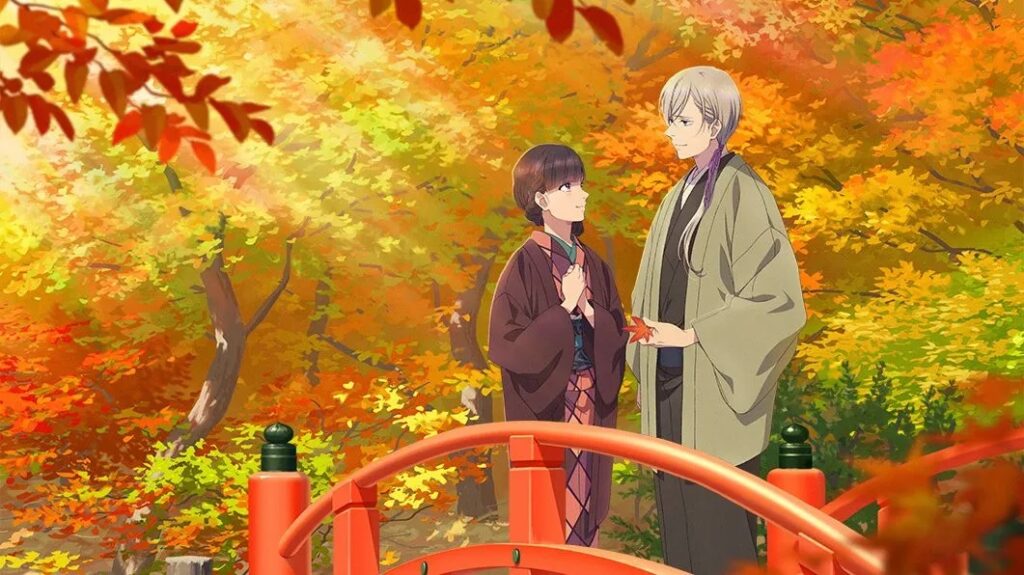On the first day of a new semester, Naho Takimiya oversleeps. On her way out after being late for school, she finds a letter waiting for her that says it is from herself ten years in the future. The letter ardently states her regrets that she has surrounding a new transfer student Kakeru Naruse. Thinking it is a prank at first, Naho ignores it, but when the events described within begin to come true, Naho decides that she will try to help her future self.
Poignant and, at times, painfully awkward, Orange is a lovely tale of youthful love while focusing on the harsh sting of regrets that can last you a lifetime. If you are looking for more anime recommendations like Orange, then head on down below.
Anime Like Orange
For Fans of Time Travel
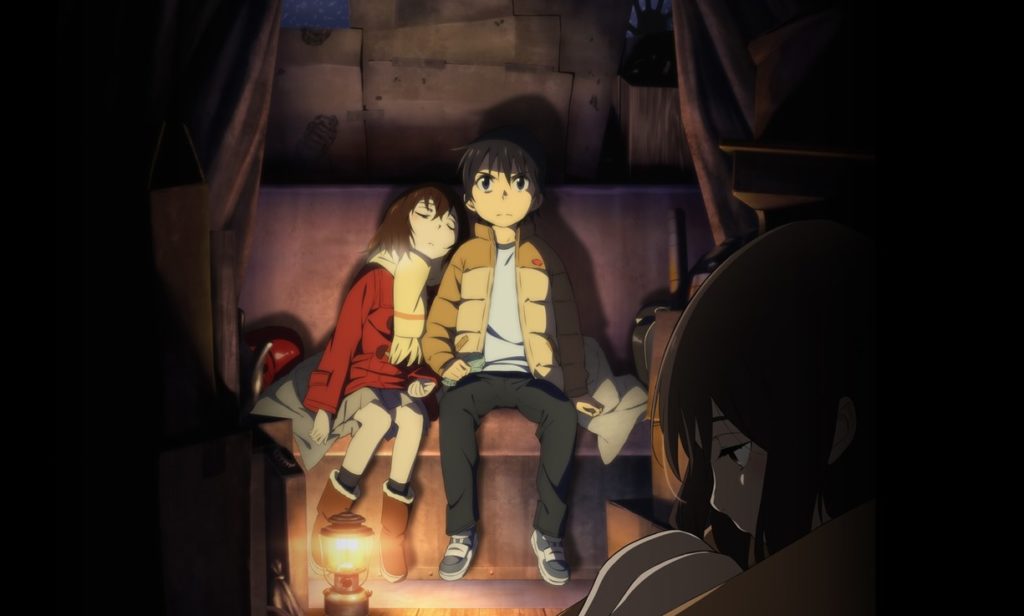
Erased
Recently, the detached, struggling manga artist Satoru Fujinuma finds himself going back in time to just minutes before tragedy strikes around him. He has saved many lives with this power of “Revival,” but when he is wrongly accused of murdering someone close to him, Fujinuma finds himself sent back to his childhood. As he discovers, the recent death in his life is somehow connected the kidnap-murder of three children in the area that is about to happen. This time, he may be able to use his power to save more than just one life, easing his past regrets in the process.
While the way they get there is different, the purpose in Erased and Orange is ultimately the same. They aim to save someone who has died. Satoru regrets not stopping to talk to a girl alone in the park the night she disappeared while Naho regrets that she couldn’t save Kakeru’s life.
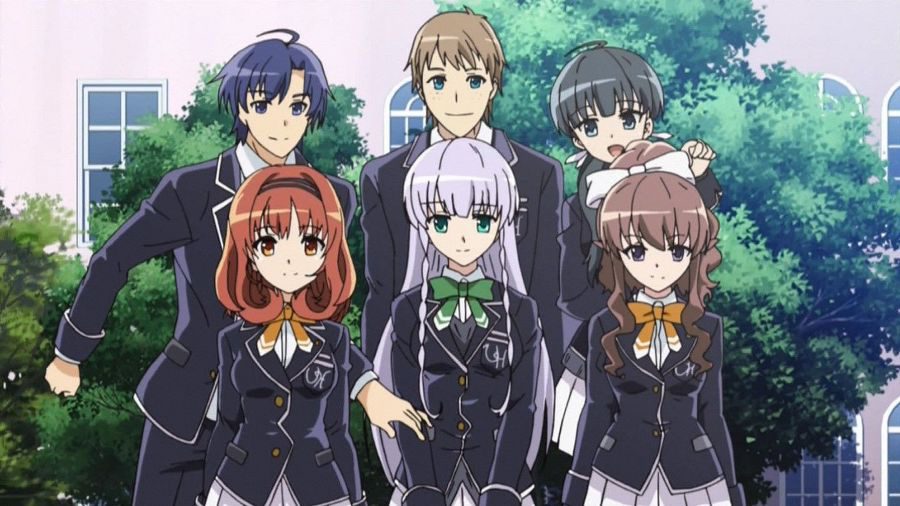
In Search of the Lost Future
While ostensibly the five members of the Astronomy Club study the stars, a few members of the club also study each other. However, what had the potential to be a touching romance soon gets sidetracked by a series of bizarre events that have the club coping with tragedies and mysteries alike.
Both Lost Future and Orange explore the concept of regret through time travel in a school setting. Both series focus on trying to change a tragic event by sending a message through time. However, only one of these series can succeed in their task.
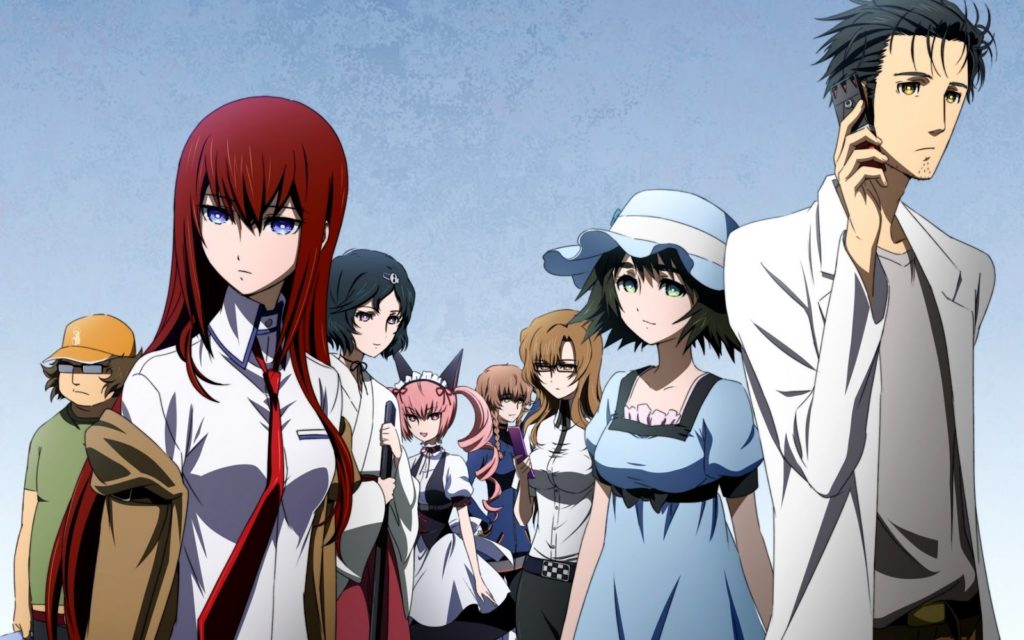
Steins; Gate
In a rickety old building in Akihabara, mad scientist Rintarou Okabe and his lab assistants work on so-called future gadgets. However, their most successful contraption to date, the Phone Microwave, a machine that can turn bananas into gel, also has the added function of sending emails into the past, thus altering the flow of history.
While Steins;Gate definitely has a more intense and complex plot, at its bare bones, it becomes a series about going back in time in order to save a life or two. It gives scientific details behind its time travel and has more intrigue compared to the school romance in Orange.
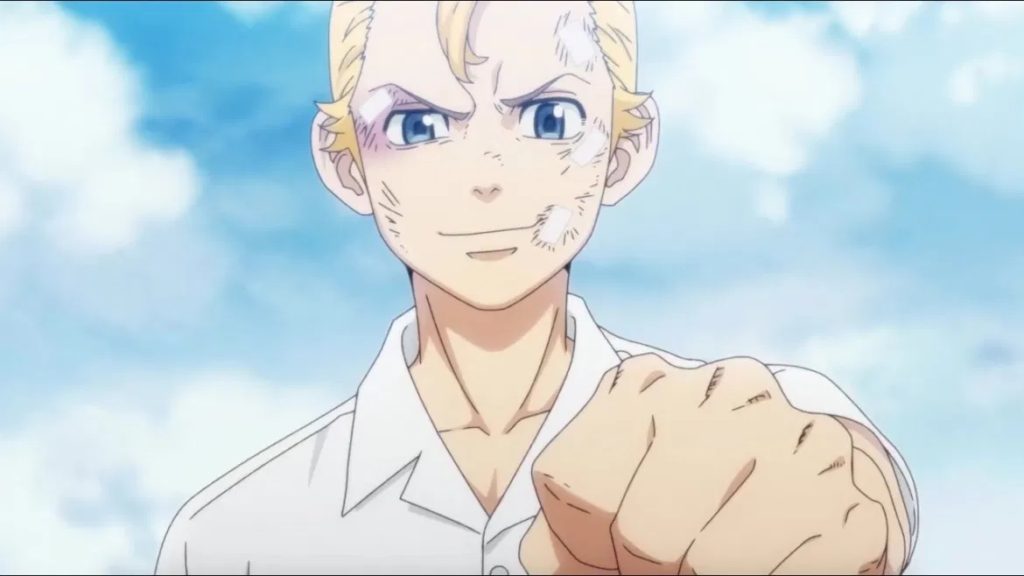
Tokyo Revengers
For Takemichi Hanagaki, his second year of middle school was when he peaked. He had a small amount of respect as a thug, a loyal group of friends, and even a girlfriend. Fast forward twelve years later, and he is a single adult that can’t hold down a job. He has even found out that his middle school girlfriend was murdered by the vicious Tokyo Manji Gang. After an accident, he finds himself back in middle school and discovers that he can travel back and forth in time in order to help change his past and his future.
While Orange is more of a simple romance, Tokyo Revengers combines time travel and past regrets with street gang relations. While much of Tokyo Revengers is dealing with the gang, the primary reason he went back was for his old girlfriend. So in its own chest-beating way, it is a similar show about friendship and love.
For Fans of Dealing with Regret
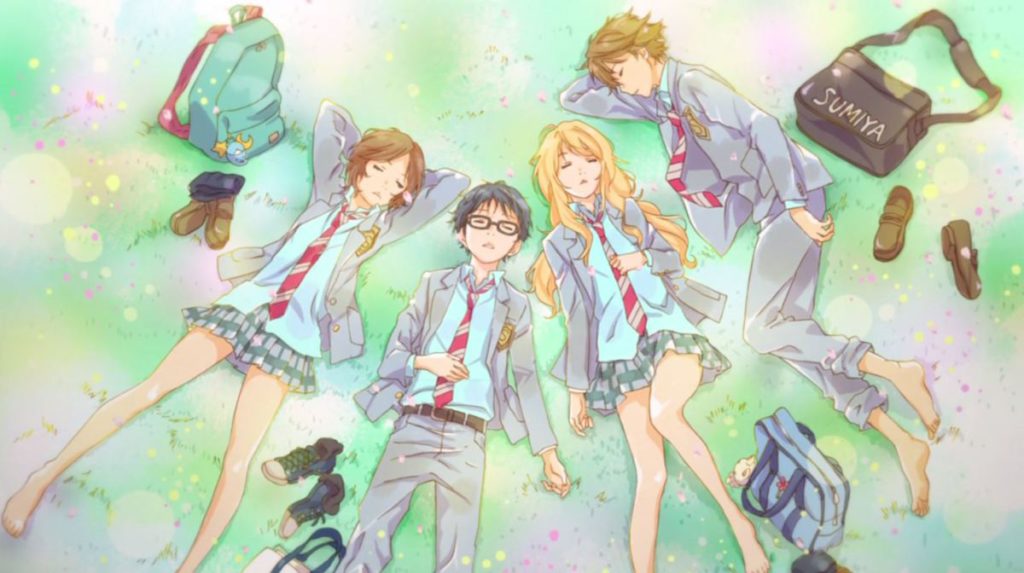
Your Lie in April
Although once a child prodigy in the music world, pianist Kousei Arima is left in a downward spiral after his mother’s death, unable to even hear the sound of his own piano. Even after two years, Arima has all but left the music world behind, disappointing fans and rivals alike, and living in a colorless world. Then one day that that all changes when he is introduced to the beautiful violinist Kaori Miyazono who brings color into his world once more.
At a glance, Orange and Your Lie in April have little in common aside from a school setting, but under the surface they are much more similar. Both male protagonists have to deal with the untimely death of their mothers and the scar left behind, ultimately being helped by the sweet female protagonist. With heavy themes of not having regret, seizing the day, and enjoying the time you have together, both present excellent bittersweet romance stories.
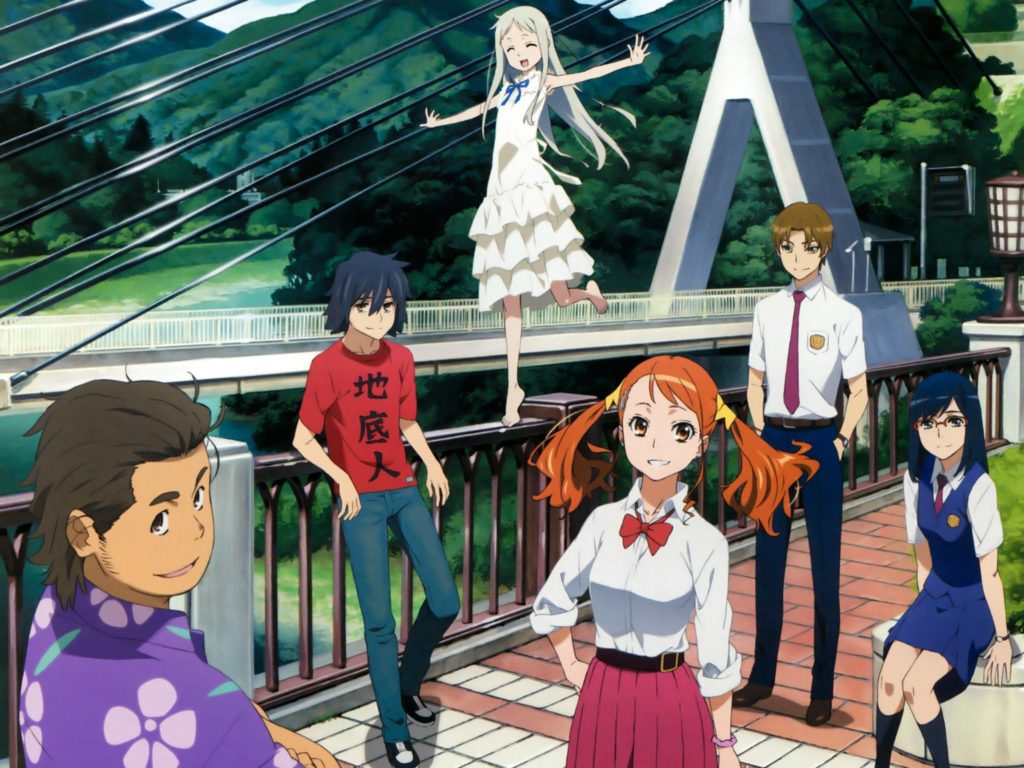
Anohana – The Flower We Saw That Day
After the death of childhood friend Meiko “Menma” Honma, Jinta Yadomi and his group of friends grew apart, each trying to deal with grief and guilt in their own way. However, when Jinta starts seeing what he believes to be Menma’s ghost, the group of friends are drawn together to help grant her long-desired wish.
Both Orange and Anohana are about a group of school friends trying to cope with the loss of one of their friends by exploring their past. While Anohana is more metaphorical, Orange is literally about changing their past to save a life. While they deal with their regrets in different ways, both of these tearjerkers are good for poking you right in your feels.
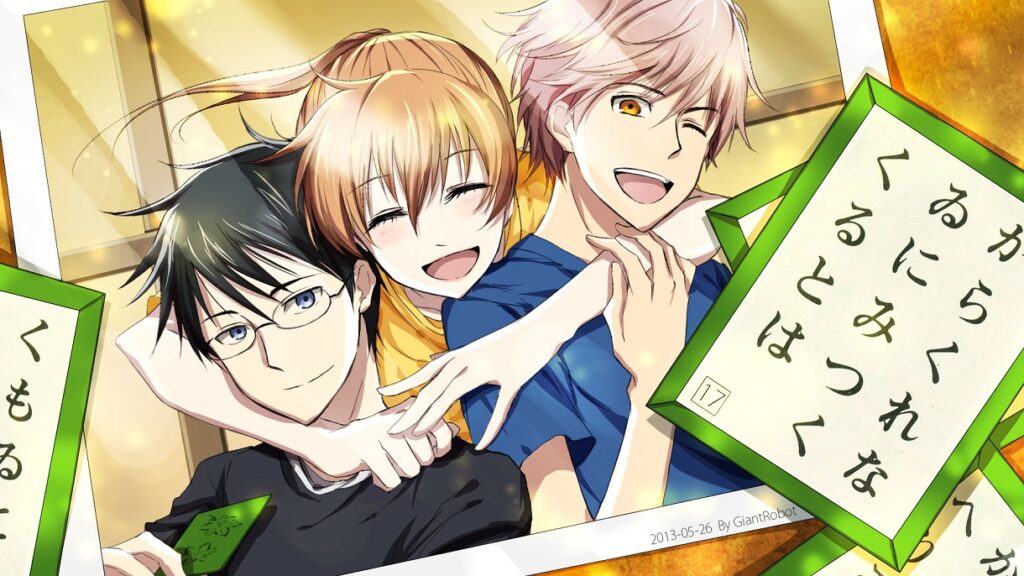
Chihayafuru
Growing up in the shadow of her older sister, Chihaya Ayase is strong-willed and a tomboy with no dreams of her own. However, after learning an outcast in her class, Arata Wataya, has incredible skill at karuta and his huge passion inspires her, she is pulled into the world of the poem-based card game along with her other childhood friend, Taichi Mashima. While Chihaya grew a passion for karuta with her two childhood friends, they grew distant when they were separated in middle school. Now a high schooler, Chihaya still aims to be the queen of karuta and wants to compete with Arata again to grow her skill.
I know, right? What could a series about a card game have to do with Orange? Very little if you focus on the main plot, but in Chihayafuru, Chihaya actually helps the male protagonist deal with his part in the death of a loved one similar to Orange. Furthermore, you definitely watch a love triangle form in both series.
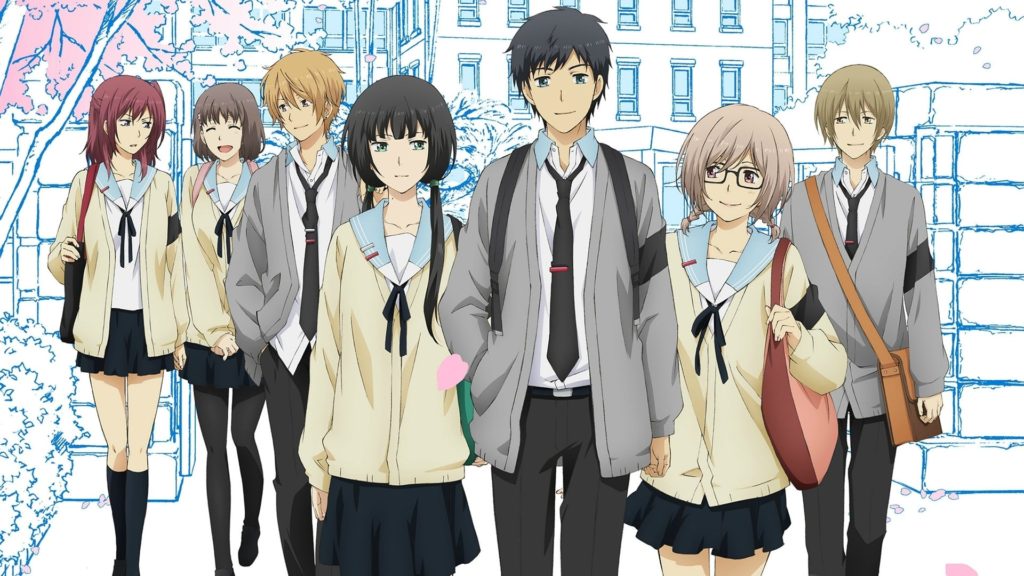
ReLife
Arata Kaizaki is an unemployed 27-year-old that has thus far been living with the financial support of his parents and part-time jobs. After leaving his first job after only three months, he has not been able to find proper work. However, after a night of drinking with his friends, he meets a mysterious man that offers a drunk Arata a pill that will turn him 17 again so that he can redo a year of his youth, all expenses paid. Will Arata find what he needs to live a happy life after one year in high school again?
While ReLife doesn’t have the same element of time travel, it is ultimately a show about regret. It just goes about dealing with it through a different way. The character still goes back to younger days with extra knowledge that affects how they handle their reality, though.
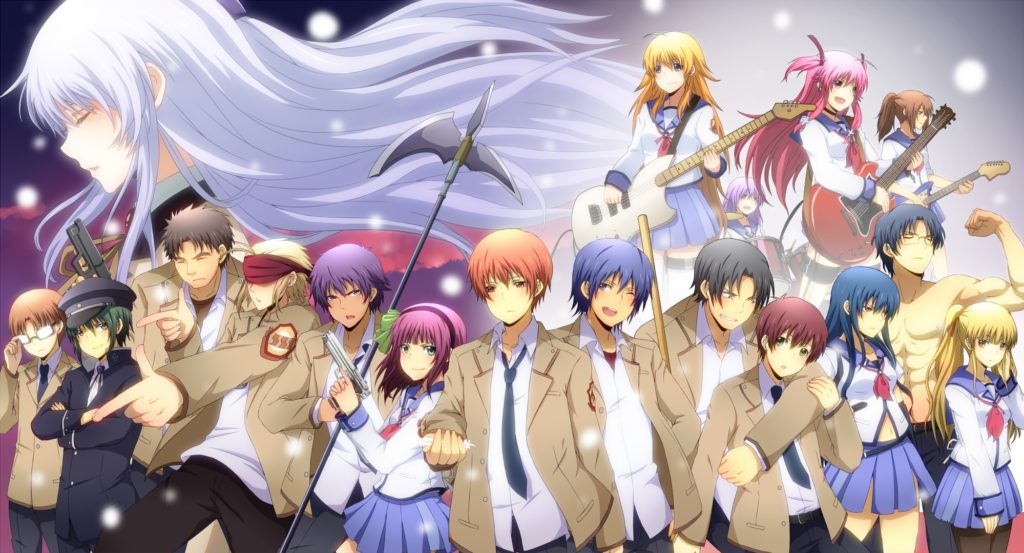
Angel Beats
Otonashi wakes up without any memories, only to be told that he is dead. What’s more, a rifle-toting girl named Yuri suddenly asks him to join the Afterlife Battlefront to wage war against the Angel that rules this world and the unfair god she serves. Unable to believe Angel is evil, he tries to talk to her, but the meeting does not go as planned. From there, Otonashi gradually discovers more about himself and the mysteries of the afterlife.
Angel Beats is definitely more supernatural in the fact that they are all dead, but other than that, it is very much a school comedy and drama. It just is lighter on the romance and comes at you with even more drama because their are more characters with trauma.
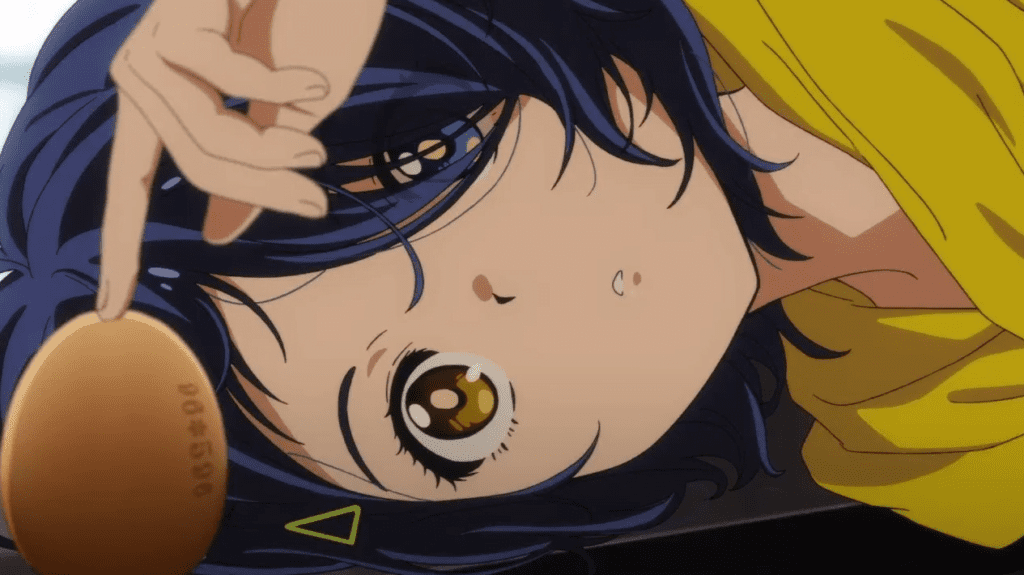
Wonder Egg Priority
After the death of her best and only friend, Ai Ohto became a shut-in. One night while on a walk, she is convinced by a mysterious entity to buy an egg. In a world that only materializes in her dreams, she breaks the egg. This summons a person haunted by fears, regrets, or otherwise some trauma. There Ai is tasked with saving them, and by saving them from their trauma, she can perhaps save her friend, too.
Both series are tied together by suicide and the people that are left behind after. Orange has a tangible route to fixing that while Wonder Egg Priority doesn’t guarantee results in the same way. Wonder Egg Priority definitely dwells in a lot more symbolism as well.
For Fans of Awkward School Love
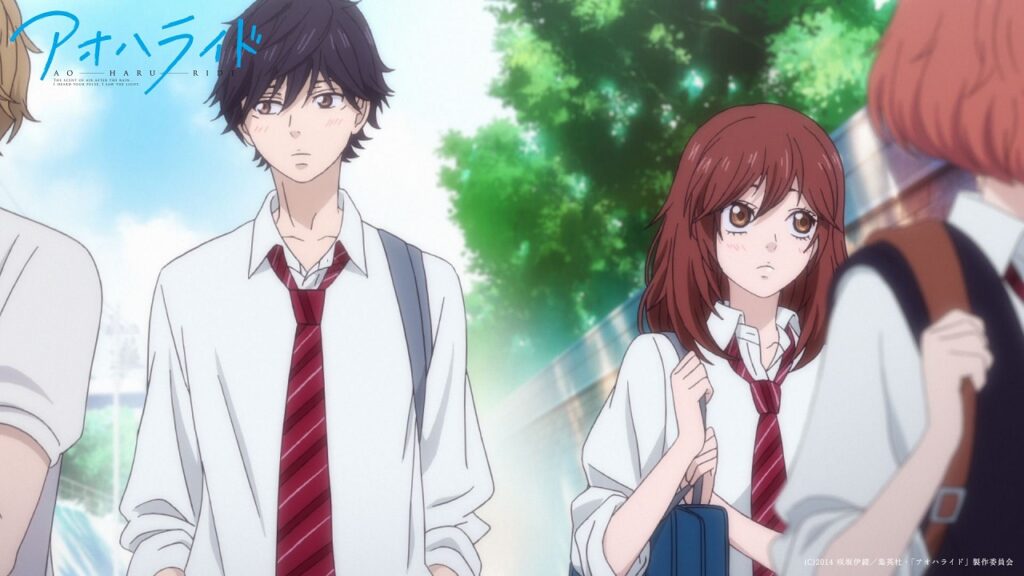
Blue Spring Ride
Futaba Yoshioka was an attractive middle schooler, popular with boys, but not with girls. It left her feeling lonely, but none of that mattered as long as her crush, Kou Tanaka, liked her. However, when Kou moved away, Futaba decided to change herself, purposely adopting unattractive traits to be popular with the girls, but one day, Kou comes back as different of a person as she is.
In both series, they deal with how their pasts affect their future. While in Orange they are actively trying to change it, in Blue Spring Ride the characters are learning about the people they have become. Blue Spring Ride also has to deal with the main man dealing with the death of his mother, but unlike Orange, he had to slowly watch her die from illness by himself, but the trauma is still the same.
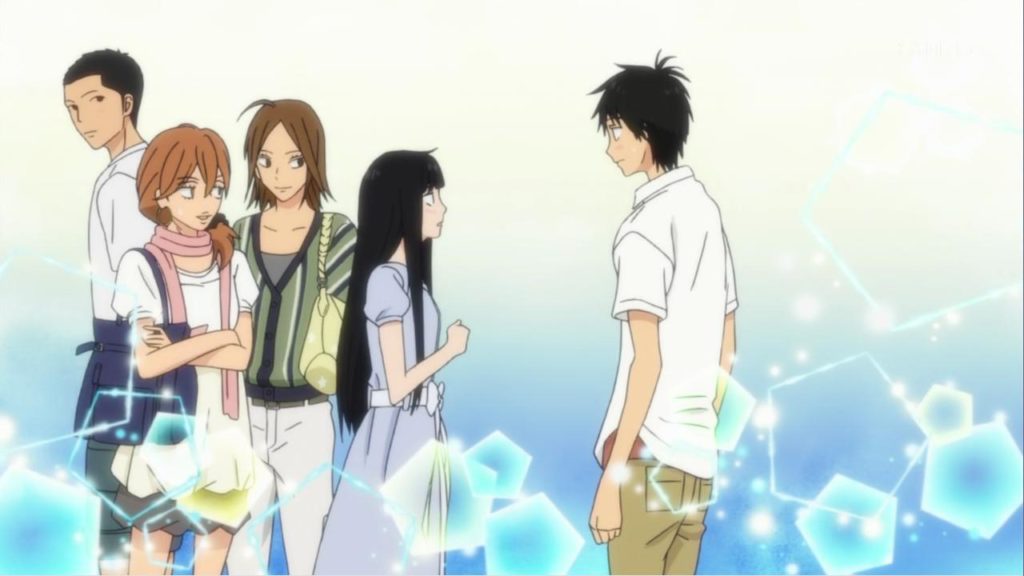
Kimi ni Todoke
Completely misunderstood by her classmates, everyone considered Sawako Kuronuma to be scary. However, while her sweet and timid behavior is mistaken as malicious, she longs to make friends. When the most popular guy in school takes notice of her true nature, Sawako’s life begins to change.
Like watching love stories so unbearably awkward that they are almost unwatchable from the amount of cringing going on? Both series are like that, but they also have their sweet moments despite a slow pacing.
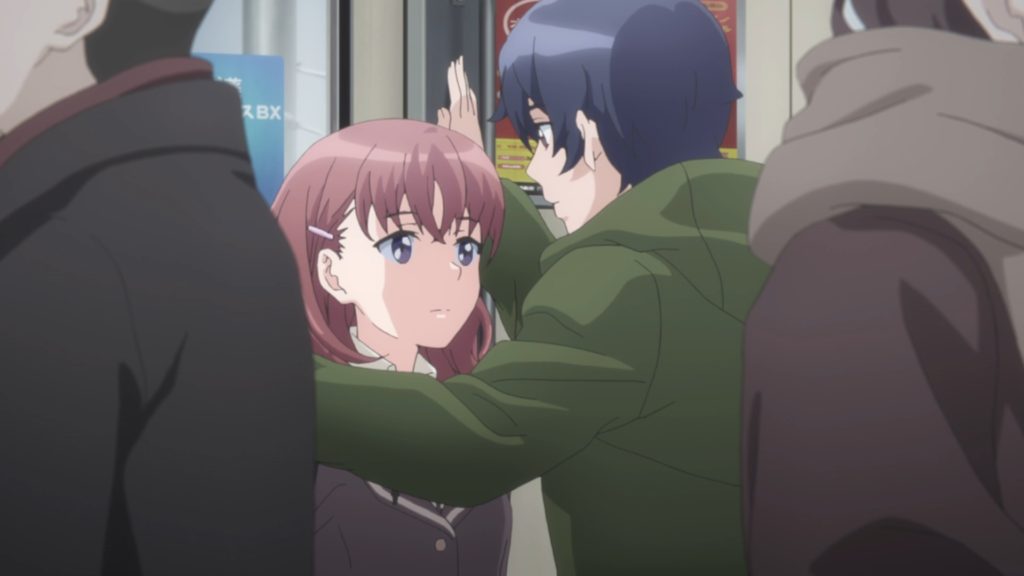
Just Because
Due to his father’s work, Eita Izumi is used to moving around. In the final semester of high school, he moves back to his hometown. There, Eita reconnects with his old best friend Haruto who is obsessed with baseball for an unknown reason. He also reconnects with Mio, a girl he once had unrequited feelings for. As their high school years rapidly approach a close, Eita’s arrival seems to spur on a series of anxieties and buried emotions in everyone around him.
Both series are tied together by being kind of a messy, melancholic high school romances. Things aren’t as fluffy and cute as they could be, and feelings are distinctly more complicated. However, Just Because is more grounded since it lacks time traveling letters and alternate timelines.
Do you have more anime recommendations like Orange? Let fans know in the comments section below.
